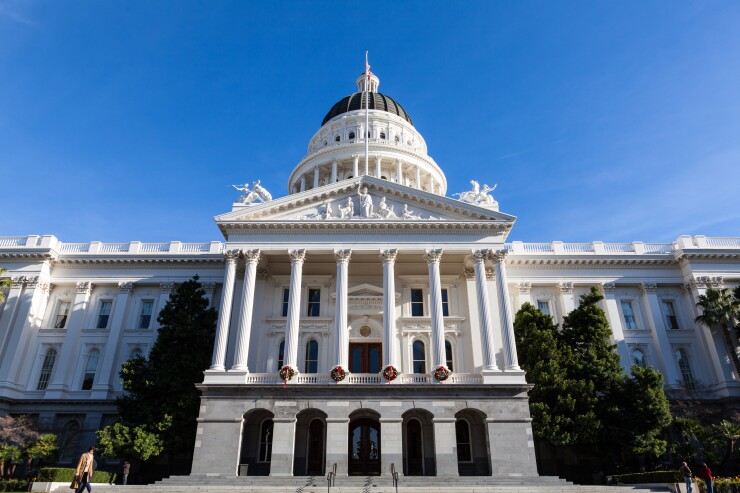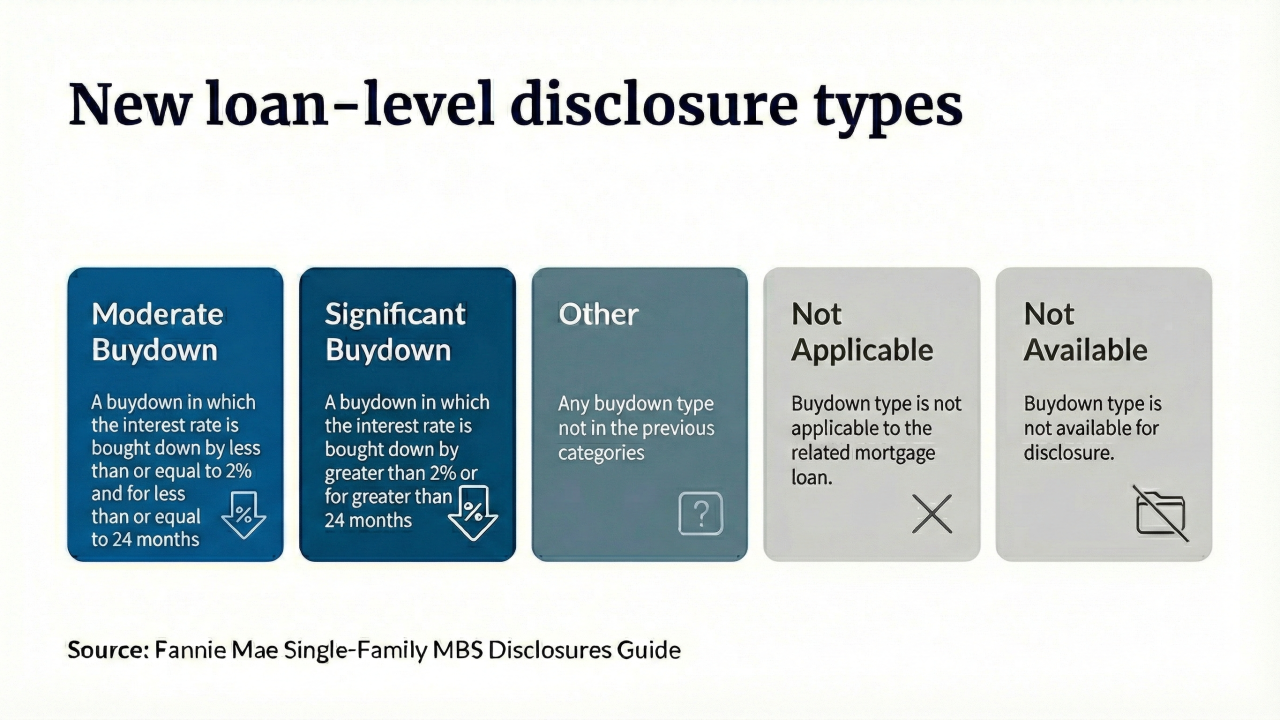Even as he blocked a major legislative push to spur more apartment construction around public transit and in wealthy suburbs, state Sen. Anthony Portantino acknowledged the need to address a shortage of housing in California.
"It doesn't mean we're not going to focus on solving the housing crisis," the Democrat from La Canada Flintridge (Los Angeles County) said after the committee he chairs shelved San Francisco Democratic Sen. Scott Wiener's contentious bill, SB50, until next year. "It just means that this isn't the right fix at this time to do that."
The right fix remains as elusive as ever. With Wiener's bill on hold, advocates of ramping up housing production — including Gov. Gavin Newsom, who spoke on the campaign trail of building 3.5 million new homes over the next seven years — have lost their primary legislative vehicle this session.
What's left are more modest proposals, some of which overlap with aspects of SB50.

Perhaps most significant is SB330 by Sen. Nancy Skinner, D-Berkeley, which would prohibit cities with high rents and low vacancy rates from placing restrictions on housing construction for the next five years. It would bar those cities from capping the number of units that can receive permits, adopting new parking requirements and changing zoning laws to require less dense housing.
Newsom has also proposed $1.75 billion in his budget plan to increase grants and tax credits for housing construction.
But with the all-consuming attention off Wiener's SB50, other measures may run into the same headwinds that stopped that bill, such as the intense opposition of local governments worried about losing control over how their communities grow.
"One of the challenges that SB50 had was that it wasn't nuanced enough for jurisdictions that are already doing the right thing," said Marina Wiant, vice president of government affairs for the California Housing Consortium, which promotes affordable housing development. "So much energy has been focused on SB50. Time will tell where the energy will then shift."
A few bills focused on increasing the availability of homes for lower-income people are still alive. The Assembly recently passed AB1763 by Assemblyman David Chiu, D-San Francisco, which would remove density limits for developments that contain only affordable units and, within a half-mile of major transit stops, give them up to three extra stories of height.
AB1279 by Assemblyman Richard Bloom, D-Santa Monica, would make it easier to build apartment and condominium complexes for low- and middle-income earners in wealthy communities dominated by single-family housing. It is awaiting a vote on the Assembly floor.
Builders and affordable-housing developers are also lobbying to cut fees that local governments can charge to offset the effects their projects have on public services. Developers argue that exorbitant fees, which vary wildly between cities, make construction prohibitively expensive in California.
AB1484 by Assemblyman Tim Grayson, D-Concord, would require local governments to post their fee structures online. After a state report on local fees is published next month, Grayson's bill will probably be amended to create statewide guidelines for such charges, and possibly even a cap.
Dan Dunmoyer, president and CEO of the California Building Industry Association, said the measure would provide greater accountability for charges that he believes cities often use to cover budget shortfalls or to create a financial barrier to new development they don't want.
"Are these fees really directly associated with the impact of building these homes?" Dunmoyer said. "It's hard to follow a law that's done in secret."
Many advocates of building more housing have also been pushing to protect low-income tenants being displaced by rising rents. They worry that the demise of SB50 will give landlords and builders less incentive to strike a deal on preserving low-cost housing and protecting people who live there. Bills to cap annual rent increases and require a just cause for eviction are on the Assembly floor, but face long odds.
"If you don't have production, the other two P's don't look as exciting to the business community," said Matt Lewis, communications director for California YIMBY, which lobbies for more housing construction.
The group was a sponsor of SB50 and is backing another bill, AB68 by Assemblyman Phil Ting, D-San Francisco, that would override local size and design limits for a secondary unit on a property. Lewis said it could lead to thousands of new cottages in people's backyards, but "it's a drop in the bucket compared to SB50."
Wiener says he will try to bring back SB50 this session. But that longshot prospect was looking even more unlikely after state Senate President Pro Tem Toni Atkins, D-San Diego, said Friday that she would "not circumvent the decision" made by Portantino and his Senate Appropriations Committee to delay the bill until 2020.
"Regardless of my own personal feelings about this critical issue, part of my job as the leader of the Senate is to uphold the authority and decisions of committee chairs," Atkins said in a statement. "Short of significantly amending the bill and limiting its applications in large swaths of the state, there was no path to move forward this year."



